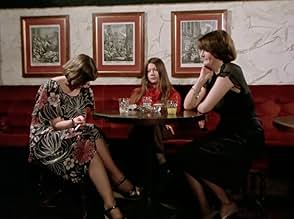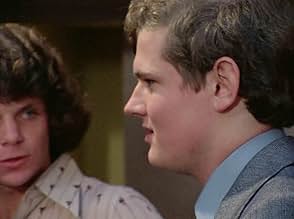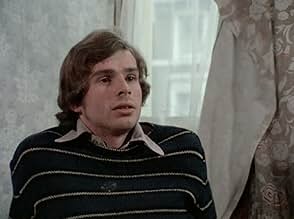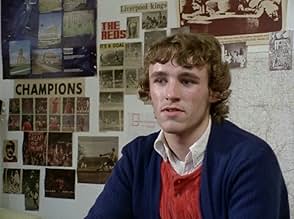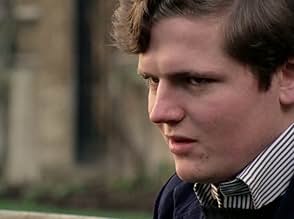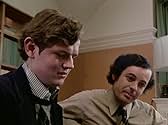Michael Apted must be congratulated for having (or perhaps stumbling upon) the vision for this study. Begin with 14 seven year olds in England, film them in a few interesting situations, and follow those same kids as they grow up. Every seven years. Because all of our lives transpire at roughly the same rates, we cannot actually observe children growing up. But this filmed approach is the next best thing.
Each film gets longer, and this the third one is the longest yet. The production values are better and it no longer resembles a home movie so much. Now we get to see the same children at 7, 14, and 21. What a difference the 7 years made. From imagining what college they might go to and now seeing them in their final years of college, studying advanced subjects, grappling with what their professions will be. Or, in the case of some of the girls, already married with children. Still, we can identify characteristics that have stayed with each as they grew up.
We also see clearly for the first time how much the "process" has influenced the "product." In science the "uncertainty principle" tells us that the more closely you try to measure something the more your measurement technique changes what you are measuring. It is the same here. The participants are acutely aware of the process, and of their responses at 7 and 14, and they discuss them. To some degree who they are at 21 is a product of having been in the "UP" series.
This and all the others through '42-UP' in 1998 are on the 5-disk DVD set just out. ("49 UP" has been made but is not yet available on DVD.) However, simply seeing the most recent film (42-UP or 49-UP) is pretty good, because each film contains snippets of each of the former ones, allowing us to see how each child developed in 7-year increments.
Just a marvelous study of growing up.


